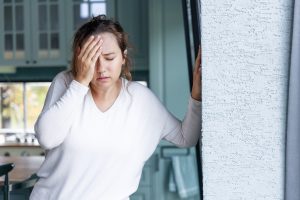 July Fourth is a fun time to spend with friends and family. We have barbecues, cookouts, and watch fireworks to celebrate Independence Day.
July Fourth is a fun time to spend with friends and family. We have barbecues, cookouts, and watch fireworks to celebrate Independence Day.
You may want to set off fireworks as part of your Fourth of July celebration, however, it is important to know that all fireworks including Roman candles, bottle rockets, bombs, skyrockets, and other aerial devices are illegal in New York City.
New York State law allows the sale and use of sparklers but limits the types and sizes. They must be handheld or mounted on a base or spike, and be no more than 500 grams of pyrotechnic composition.
However, if you live on Long Island, New York City, or in parts of the Hudson Valley sparklers are banned.
If you do use fireworks in a state, city, or county where they are legal, follow these tips for the safety of yourself and your loved ones:
- Read and follow all safety information and instructions for proper use.
- Keep small children away from fireworks.
- Have a bucket of water or hose ready to extinguish accidental fires.
- Never allow anyone under the influence of alcohol or drugs to use fireworks.
- Light one device at a time.
- Never try to relight a device that didn’t light the first time.
- Only use fireworks away from people, pets, buildings, and flammable materials.
- Soak all used and unused fireworks in water for a few hours before throwing them away.
Fireworks are best left to professionals. If you choose to use fireworks to celebrate Independence Day or other occasions or milestones, confirm the type of fireworks your state and local ordinances allow.
If you or someone you are with are experiencing an emergency, call 911 immediately.
All content of this newsletter is intended for general information purposes only and is not intended or implied to be a substitute for professional medical advice, diagnosis or treatment. Please consult a medical professional before adopting any of the suggestions on this page. You must never disregard professional medical advice or delay seeking medical treatment based upon any content of this newsletter. PROMPTLY CONSULT YOUR PHYSICIAN OR CALL 911 IF YOU BELIEVE YOU HAVE A MEDICAL EMERGENCY.

